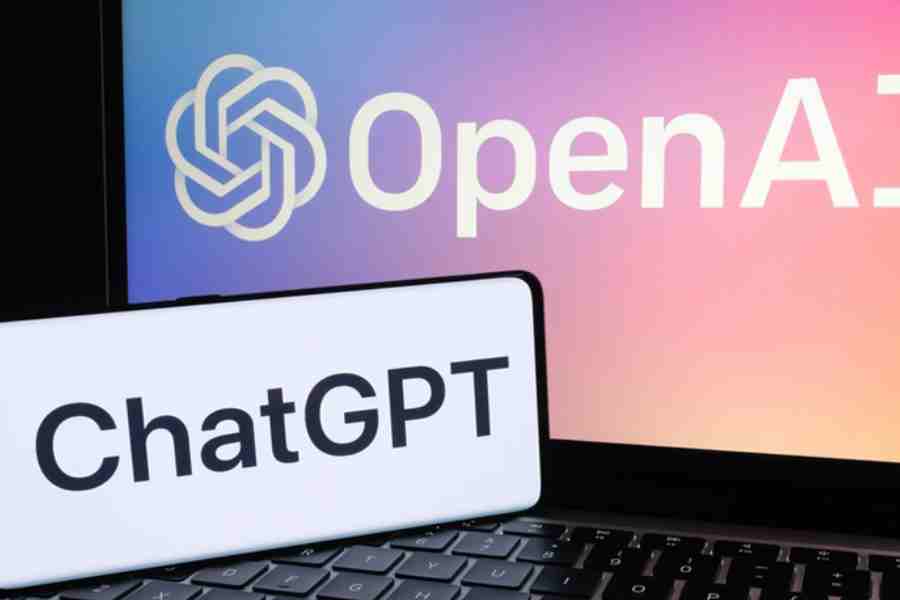AI-enabled platforms like ChatGPT and Google Bard prompt us to ask questions about their transformative role in education. The possibility of creating content, researched and indexed data, without the hard labour of researching through vast databases, makes it imperative to ask questions regarding the consequences of the pervasiveness of such platforms. For students, using a simple Microsoft Windows operating system has itself altered the manner in which they write and revise, using options to check spellings and grammar, with reduced stress on the writing process. One can always ask if this has improved the quality of writing: the answer may not always be a positive one.
As we move towards AI-enabled platforms with the possibility of accessing data and structuring researched material into written pieces, the concerns being raised are different and complex. ChatGPT poses relevant and timely questions for us: is ChatGPT a step towards the democratisation of knowledge systems? Are rigour and training in academic writing forms of knowledge gate-keeping? Do ChatGPT and other bots offer themselves as equalising platforms and counter hegemonic knowledge systems? Or are they a neoliberal balm for the marginalised without any structural change?
In higher education, with its focus on outcome-based education, ChatGPT seems to provide easy solutions. But the question still arises as to the qualities the individual has cultivated through such a process of education. Neoliberal normative structures reinstate the importance of outcome and, hence, academic success gets translated as employability. In this framework, AI-enabled programmes become an easily available tool for students with access to such tools.
The question then arises concerning the stumbling blocks that prevent a student from accessing knowledge, be it in the classroom or in libraries, or on the web. An online bot is still not an easily accessible tool for the marginalised sections of society. This could be due to several reasons, such as geographical remoteness or economic backwardness. Yet another problem is the difficulty in comprehending academic texts. Interdisciplinarity might be one of the reasons for several students finding academic papers difficult to comprehend. ChatGPT can provide summaries of such texts but in the process of sifting content, there will be a loss of the essence of certain key ideas. In such summarising and paraphrasing of knowledge, the reader plays an active role, which is missing in this case. The critical thinking that is required in the process will be absent. Learning, hence, will be incomplete.
ChatGPT becoming a readily available tool for students might enable them to access more academic papers and, with brief summaries of complex texts, make it easier for them to comprehend these and use them in their essays. But will they be used to simplify the complex theories or will they be used unethically to write assignments and submit them without fear of being caught for plagiarism? The bots are programmed to identify such unethical acts; but the judicious use of such platforms remains a matter of worry.
When we ponder the possibility of democratising education through bots, we also encounter concerns regarding knowledge-formation and perpetration. Knowledge evolves through an organic process, as the outcome of thought patterns shaped through reading, reflecting and writing. The possibilities of errors and the decision to re-align one’s ideological positions complete the journey a person undertakes in the world of epistemological formations. Can an AI-enabled platform, which creates content by skimming through existing content without the perceptive presence of a human — critical — mind, emerge as a substitute?
What we need to acknowledge is that AI tools like ChatGPT are here to stay. Educators need to evolve their pedagogies in order to provide a conducive environment for students to develop their critical acumen.
Swapna Gopinath is Associate Professor, Symbiosis Institute of Media and Communication, Pune











